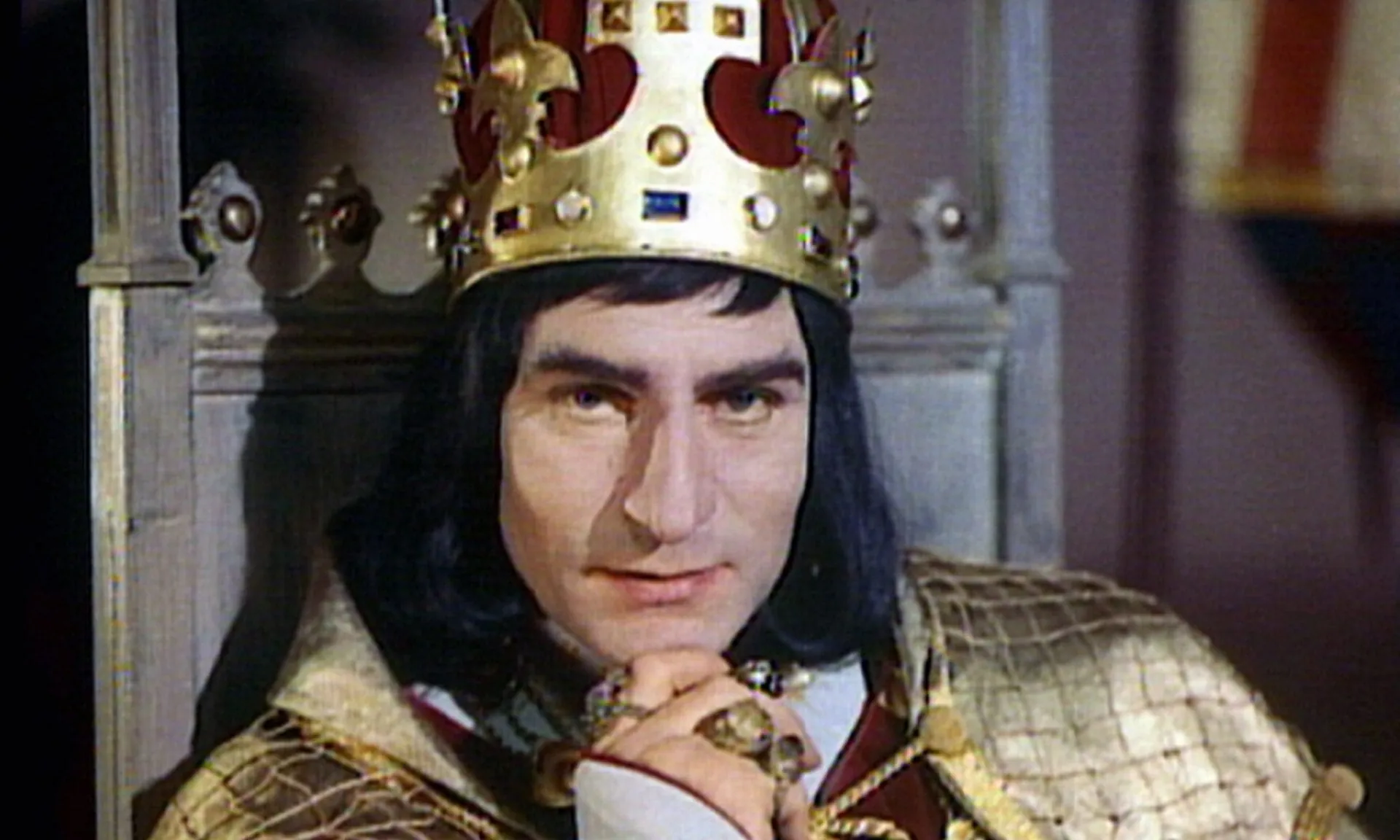domain:abc.net.au
Brady at minimum should be above LeBron and probably Messi. LeBron won less in a league where individual talent matters more.
Why are we all doing Top 100s of the 21st century this week? Seems like weird timing. Not a slow news week, in sports or in general. Not the end of the year, when it would hit the 1/4 mark. No one died who makes us assess legacies. So...what gives?
Anyway, the answer is either Steph Curry or GSP at #1. Until those guys nobody played like those guys.
Steph revolutionized the game of basketball in a way comparable only to Babe Ruth in baseball. The 3 point game has never been the same since Steph burst onto the scene. Lebron might be great but he is great in the same way that MJ was great, Steph is great in a whole new way. From the year he first got MVP votes (2012-2013) the number of Three Point Attempts per game in the NBA has increased 75%, from what was previously more or less flat for years.
GSP did something similar in MMA. Before GSP it was mostly still in a style v style mode, a wrestler against a boxer or a BJJ guy against a brawler. GSP came in and did everything, and he did it better than anyone else. Jon Jones is probably better P4P, and Anderson Silva at his peak was a legend, but GSP did it first, and the attitude problems that Silva and Jones have had mar their legacies in my mind.
Brady in my mind comes next, then Woods, then Federer, then Bolt, then Djoker and Nadal and Lebron and Jon Jones and Mike Trout and Messi. Then all the minor sports gods: Phelps and White and the other Olympic guys, the auto racers, the cyclists.
That and swimming leads to absurd overinflated medal counts. Each race results in a medal.
I would only knock Brady because his team cheated numerous times.
I don’t care about people. I care about friends and family and these people are neither. I care about my countrymen
I can only hope that one day you see the shortsightedness of this view. It’s also incredibly ironic that you espouse such a myopic selfishness when the very country you praise was built on (and successful because of rather than in spite of) caring about other people beyond your immediate surrounds.
Like, John Adams defended British soldiers in court despite the unpopularity of it, and the the fact they really weren’t countryman and he certainly didn’t like them, because he recognized that a right to a lawyer and a fair defense was, long-term, an important thing we want to have. It seems you have yet to learn that wisdom.
I believe the old joke is, "Machine learning is just OLS with constructed regressors."
My money would be on the reverse.
My suspicion is that most users here don't know how to spot a drug house or potential ambush where as 98% of regular folk (or at least those that have had some experience with the seedier elements of society) do, and thats why this result is being treated as novel.
That’s one way of defining greatness. I like the guys who have to reinvent their games. So take a guy like Novak. He came onto the tour bring an incredible defensive baseline player. Overtime, he changed into a guy who was more mixed from the baseline. Late in his career he reinvted himself as someone who plays a lot more serve and volley.
Crosby is another guy who fits this category. When he came on the scene, he was a fast high flying guy who could see the entire ice. After an ankle sprain, he wasn’t the same speed. So he worked on his slap shot and worked on his grinding game and was going streaking until Steckel gave him a concussion he almost had to retire from the sport. He came back and while still great wasn’t quite the offensive force he was. So he became more of a two way player.
Even noting the limitations theory talks about before, I bet you if you asked 100 random people they ten might be able to name one of the WNBa players on this list.
If you asked the same 100 people probably 80 could name Brady (assuming US).
It’s also incredibly ironic that you espouse such a myopic selfishness when the very country you praise was built on (and successful because of rather than in spite of) caring about other people beyond your immediate surrounds.
Don't lie to me about my own ancestors and my own people.
The country I praise was built on and successful because of people like my borderer ancestors who cross the Appalachians to settle Tennessee. They didn't care about other people beyond their immediate surrounds, and in fact when more people came to their immediate surrounds, they left Tennessee and kept going west, beating a trail for freedom across the wilderness.
That's my country, my history, my legacy. Not some fairy tale concocted in the post-war haze of propaganda about how America is an idea or a nation of immigrants. NO. It is a nation of conquerors, of settlers, of colonists and of pilgrims who shared a language and history among themselves. Not immigrants. Not diversity. And not by defending British soldiers.
In fact, the fact that he's defending British soldiers puts a lie to what you're saying. Those people were of the same race, spoke the same language, and were as brothers or cousins. Adams defended the Brits because he identified with them, and therefore he was defending his own right to representation.
It seems you have yet to learn that wisdom.
There's no wisdom in watching your family be replaced and their lands taken and repopulated by foreigners.
How about this: “According to our algorithms, you have at least a 13% chance of being shot if you stay in this city. Perhaps it’s time for a new start. Join our New Leaf program today and we’ll relocate you to a new metro area on the other side of the country, and find you a basic job and lodging.”
I know, I know, I’m being hopelessly naive and idealistic. But maybe there’s a tiny fraction for whom this kind of algorithmic warning might serve as a life-changing trigger.
I doubt it was that fast, if it did happen. The AP is currently vague on what exactly happened, writing "Outside, a local officer climbed up to the roof to investigate. The gunman turned and pointed his rifle at him. The officer did not — or could not — fire a single shot. But Crooks did, firing into the crowd toward the former president and sending panicked spectators ducking for cover as Secret Service agents shielded Trump and pulled him from the stage. "
The BBC has more detail: "A local officer with the Butler Township Police Department attempted to check the roof. He was hoisted up by another officer when he "made visual contact with an individual who pointed a rifle at him", Butler Township Manager Tom Knights told CBS. The officer was in a "defenceless position" and couldn't engage the suspect, Mr Knights said. The officer "let go and fell to the ground" then immediately alerted others to the armed suspect's location. Moments later the shooting began."
Seems like the shooter was getting ready, possibly building up his nerve, when a cop's head popped up over the side of the roof. He pointed the rifle, the cop dropped in fear, and then the shooter likely (and quite reasonably) thought "The jig is up, it's now or never" and went for it.
Oh, I see. Oops, I should have read it in more detail.
Well, I don’t know. A 1 in 8 chance of getting shot is actually really high, and in just a year and a half? Like sure street knowledge is cheap and directionally accurate, but judging a “more likely than others to be shot” is a lot easier than “is among the absolute top candidates to be shot”, right?
Dem voters hated her in the primary. Also the border is one of the major items this year and she was in charge of the Dems efforts. Also she is considered a known AA candidate.
This just seems like typical American bias to me. Room for dozens of baseball, football and basketball stars - no room for Ronnie O'Sullivan, Magnus Carlssen, or literally any rugby player. Federer and Williams over Nadal and Djokovic. Simone Biles in the top five and Kohei Uchimura in the 80s.
Interesting way of looking at it. Both those guys definitely deserve spots on the list.
I manage a Men’s Department @Dillards and wear a tie, vest, dress pants, etc
I look like a fucking salesman .., which I more or less am.
It’s just not a thing at all in the lower or middle classes.
I wouldn't put any basketball players on any list extolling greatest athletes. Basketball has a huge height filter. Be seven feet tall and have any athletic inclination and you have a shot of being in the NBA. MJ could maybe make the lists just for being in two different professional sports. But his mediocre baseball career shows how much the NBA is a joke in terms of athletic prowess.
Being smart and strategizing is cool, but I don't see why that matters for athleticism.
Phelps deserves greatest athlete. His superpower was basically ADHD and a willingness to monotonously spend five hours a day swimming.
Usain Bolt should probably be second on a list of greatest athletes.
In terms of sheer physical ability they crushed their competition in sports with almost zero barriers to entry.
Magnus is awesome but chess isn’t a sport.
Having fat women do this job is just an obviously stupid idea whether she personally screwed anything up this time or not.
Given the "meatshield" aspect of the job, I suppose a case could be made that this lady is not fat enough...
(j/k, i think)
The way some of these guys sweat, and I mean in very particular ways, you could be misled...
I dunno, it doesn't take much flesh to start a rifle bullet tumbling or fragmenting. Don't they try to dump most of their kinetic energy in the first 12-18" these days?
I actually wonder how much spaced protection you'd need before the exiting fragments would be stopped by whatever lv2 jacket they surely have politicians wearing. Maybe the "box of truth" guys have already tested that
Not applicable if they get hit by a bullet designed to go straight through an elk's shoulder, obviously, but even the world's fattest person wouldn't stop that.
I find it bizarre that you consider basketball players to be unimpressive athletes because their sport requires a specific set of physical attributes (height, long limbs) while celebrating Michael Phelps and Usain Bolt, whose extreme and atypical genetically-determined physical attributes (both men look as though they were designed in a lab to excel at their respective sports) were absolutely vital to their success.
Why is LeBron James’ incredible success at basketball invalid because he couldn’t have achieved the same feat if his height had maxed out at 5’7”, but Usain Bolt is an incredible athlete even though he couldn’t have achieved what he did if his leg length had maxed out two inches shorter? At the top level of most sports, no amount of obsessive work ethic is enough to put one over the top without prodigious God-given physical traits. Sprinting is one of the most genetically-based sports - far more than basketball, where a great many of the all-time greats are on the lower end of the league’s height distribution. There is no sprinting equivalent of a Steve Nash, a player with limited physical tools who excelled due to hard work, intelligence, and savvy.
ITT: Messi mentioned once or twice, but well down the list.
I don't even like football, but when you consider it's the world's most widely played and competitive sport - Messi is so obviously at the top of any global athlete list that any suggestion to the contrary is pure parochialism.
FWIW, Cricket is second, but given the split across three formats - there's no clear standout, giving room for Phelps or somebody at #2 ig.









It's not admitting that he's not mentally sharp, just that he doesn't think he has another 4 years where he'll be as on top of things as he is now.
More options
Context Copy link